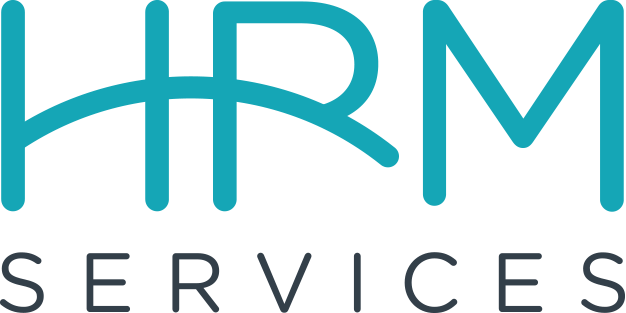By Jodi Schafer, HR Hot Topics, October Edition
HR Hot Topics: October Edition – Paid Leave and Earning Threshold Changes
Welcome to the October edition of HR Hot Topics! This month, we’re diving deep into two significant pieces of legislation that should have employers of all sizes on their toes.
- Michigan Family Leave Optimal Coverage Benefits Act
- What is it? A proposed bill that aims to provide mandated paid leave for all employers in Michigan, regardless of size.
- Who would be affected? This is not just for large businesses; even those under 50 employees would need to comply.
- What’s different? Unlike traditional systems where employers manage and fund their own leave time, Michigan is considering a mandatory new payroll tax to fund a paid time off bank that employees could access for a long list of qualifying reasons. This fund would be administered by a new state agency (bankrolled by a percentage of the taxes collected).
- Concerns:
- Administrative burden on employers similar to the unemployment system.
- A potential of up to 15 weeks of paid leave per year for employees, leading to potential misuse.
- The unknown impact on existing PTO systems already in place.
- Fair Labor Standards Act (FLSA) – Earning Threshold Proposal
- Background: The Fair Labor Standards Act governs issues like minimum wage and overtime. To be exempt from overtime (often referred to as ‘salaried’), employees must meet specific duties requirements and earn above a minimum threshold.
- Current Status: At present, the minimum earning threshold for an exempt employee sits at $35,568.
- Proposal: The Department of Labor is suggesting an increase to $55,068.
- What’s Next: The proposed rule is open for public comments. Depending on feedback and court rulings, this significant jump might be enacted.
Final Thoughts:
These legislative proposals, both at the state and federal levels, carry potentially significant impacts for employers. The key for businesses is to stay informed, voice concerns, and be prepared for any changes. Engage in discussions, share your thoughts with elected officials, and remain proactive in navigating these changing waters.

